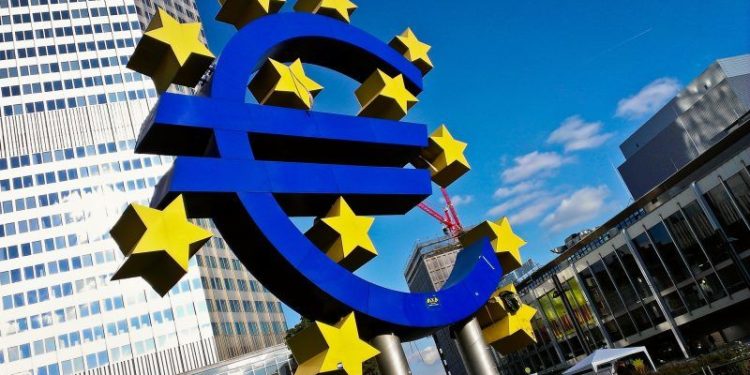Inflation in the Eurozone reaches an all-time high of 8.6 percent in June 2022, representing a 6 percent spike month-on-month and a 353 percent year-on-year. This upward trajectory results from the general rise in price levels in the global commodity markets.
According to data from Eurostat, the main constituent of this surge in inflation in the Euro area is the rising energy prices, which rose to 41.9 percent from 39.1 percent in the previous month, and the uptick in food, alcohol, and tobacco, which reached 8.9 percent from 7.5 percent in May.
From the Harmonized Index of Consumer Prices (HICP), the inflationary pressure is stronger in Estonia, Lithuania, and Latvia when compared to the other European countries, essentially placing these three small Baltic states on the inflation frontlines as their inflation rates soared to 22 percent, 20.5 percent, and 19 percent respectively. France (6.5 percent) and Malta (6.1 percent) have the lowest inflation rates in the region.
For Estonia, this surge in inflation rate is partly caused by rising energy prices as a result of the war in Ukraine, together with supply disruptions and very strong demand pulls. The bank of Estonia had previously reported that the impact of the war in Ukraine and the other highlighted factors have reached inflation in the country, as inflation was up an average of 18.8 year-on-year in April.
Similarly, in Lithuania, according to the IMF, inflationary pressures were compounded by the recent spike in global energy and food prices.
In Latvia, the high inflation emanates from rising energy prices and too much money in circulation, as the country’s deficit budget reached 4.8 percent of its Gross Domestic Product (GDP). This is contained in the Latvia economic briefing: Inflation and Sharp Price Rises in Latvia (February 2022).
Despite Germany’s inflation rate not being the lowest, it however, dropped by 5.7 percent to 8.2 percent from 8.7 percent in May. This contraction of the inflation rate in Germany was partly due to the relief package which the German government put in place to lower the pressure of the rising energy prices.
In general, this rising inflation rate in the Eurozone may put pressure on the European Central Bank (ECB) to raise benchmark rates, which in theory, will raise borrowing costs and moderate economic growth.
What You Should Know
- France and Malta have inflation rates significantly lesser than that of the European average
- The Euro area consists of Belgium, Germany, Estonia, Ireland, Greece, Spain, France, Italy, Cyprus, Latvia, Lithuania, Luxembourg, Malta, the Netherlands, Austria, Portugal, Slovenia, Slovakia, and Finland.











